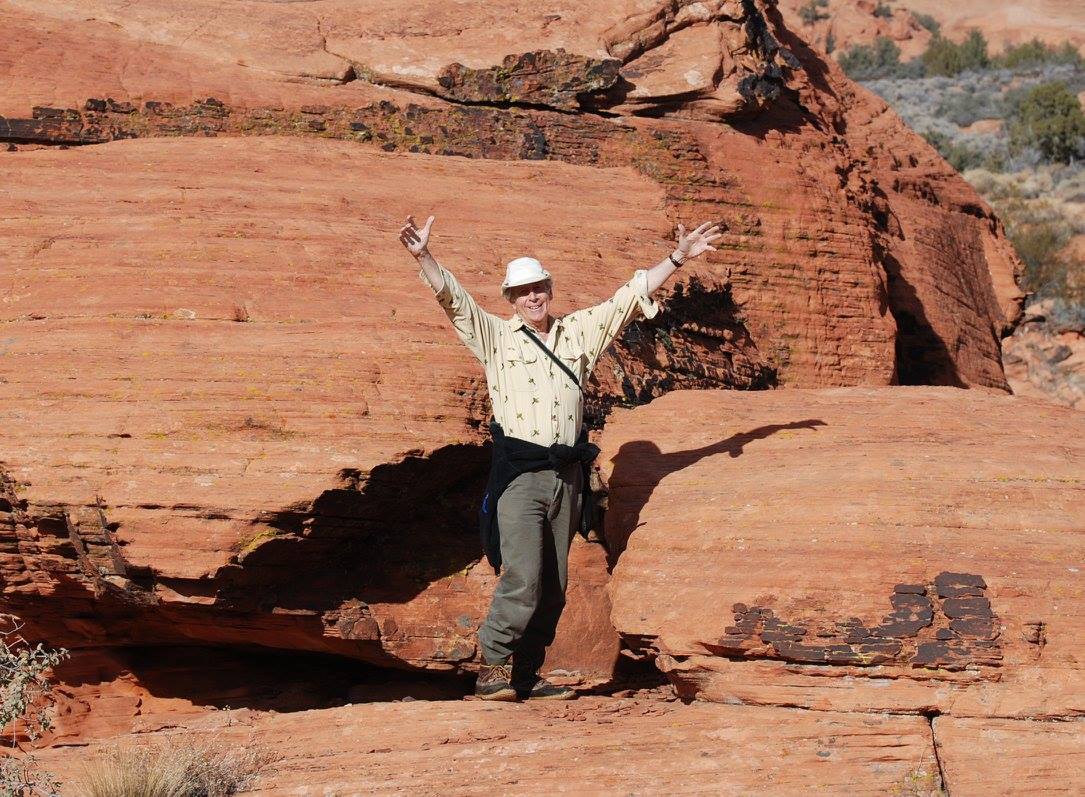Maryland's Conservation History
Main_Content
Meshach Browning: Maryland’s most celebrated hunter
Ladies of Light: Chesapeake lighthouses and the women who kept them
Theodore Roosevelt in Maryland
In Memory of Kirk P. Rodgers
 The Committee for Conservation History mourns the loss of our esteemed member, Kirk P. Rodgers, who passed away on Oct. 13, 2016 at the age of 83. The grandson of Maryland's first State Forester, Fred W. Besley, Kirk was the lynchpin of the 2006 Maryland State Forests and Parks Centennial Celebration. A champion of the forest and the environment on a local, regional, national and international stage, Kirk advocated for sustainable forestry for most of his adult life. Kirk lived his life to the fullest and we are all the poorer for his passing.
The Committee for Conservation History mourns the loss of our esteemed member, Kirk P. Rodgers, who passed away on Oct. 13, 2016 at the age of 83. The grandson of Maryland's first State Forester, Fred W. Besley, Kirk was the lynchpin of the 2006 Maryland State Forests and Parks Centennial Celebration. A champion of the forest and the environment on a local, regional, national and international stage, Kirk advocated for sustainable forestry for most of his adult life. Kirk lived his life to the fullest and we are all the poorer for his passing.
The staff at Green Ridge State Forest recently found this photograph in their files. The axe has the name "Kelly Ayers" written on it. Note the cross-cut saws in the background. Department staff believe this picture was taken in 1933 at the Civilian Conservation Corps camp at Green Ridge State Forest when they were still building the bunk houses and buildings.
Background
The  Committee for Maryland Conservation History was originally formed in 2004
to prepare for the Maryland
Forestry & Parks Centennial. Following the success of the Centennial
activities, the Committee was expanded to include additional department units in its
membership.
Committee for Maryland Conservation History was originally formed in 2004
to prepare for the Maryland
Forestry & Parks Centennial. Following the success of the Centennial
activities, the Committee was expanded to include additional department units in its
membership.
Mission
To preserve, promote and interpret the legacy of natural resource
conservation in Maryland for the public’s benefit.
Strategies for achieving the mission include the following:
-
The Project identifies, collects and conserves artifacts, documents,
photographs and other forms of historical information.
-
It plans and produces informative media in the forms of displays,
literature, and activities that illuminate the subject.
-
It builds corporate identity within the Department of Natural Resources
by promoting agency heritage within the Department.
- It seeks particularly to reconnect the public, especially children, to
the outdoors through educational and recreational activities that inspire a
sense of place within a natural resources framework.
- It accomplishes these last two strategies by demonstrating the goals and
achievements of Maryland’s conservation agencies dating back at least to the
mid-19th century, and shows the relevance of past efforts to the present-day
need for natural resource conservation.
|
The foundation that supports
the Maryland Conservation History Committee,
made up of volunteers and DNR employees, was
recently designated as a 501 3c non-profit.
The foundation will fund projects that
preserve and promote DNR’s history and
heritage.
|